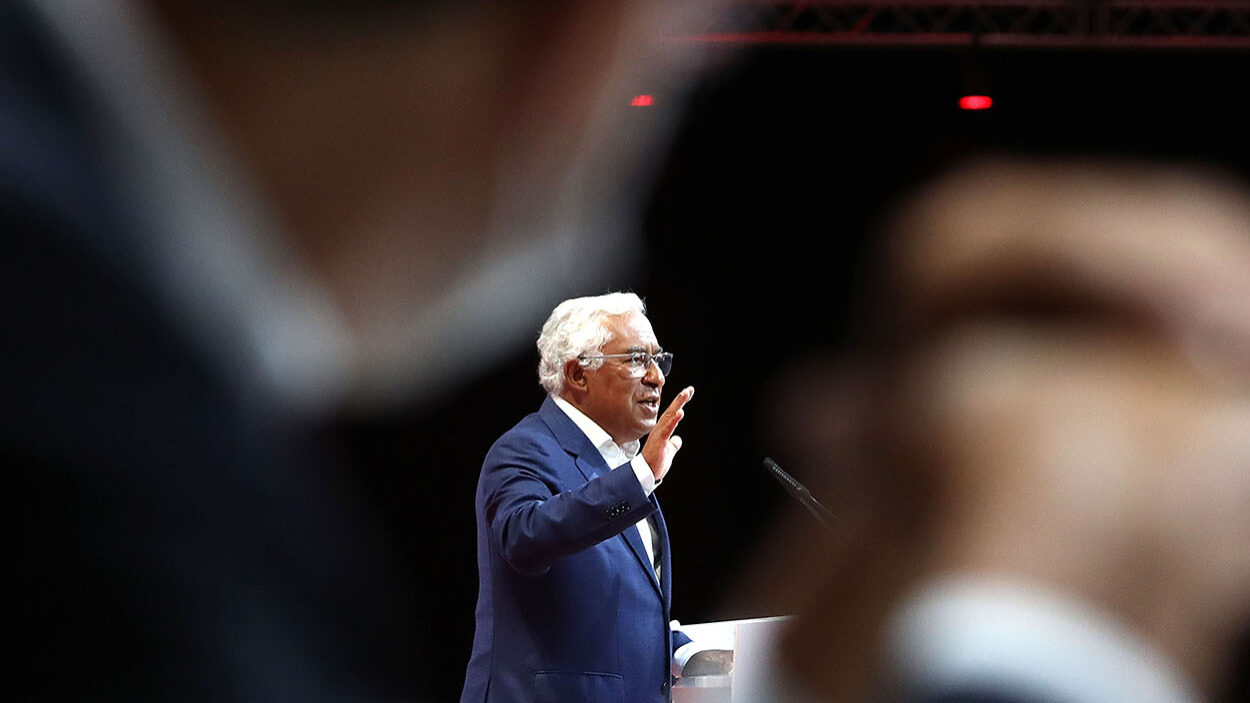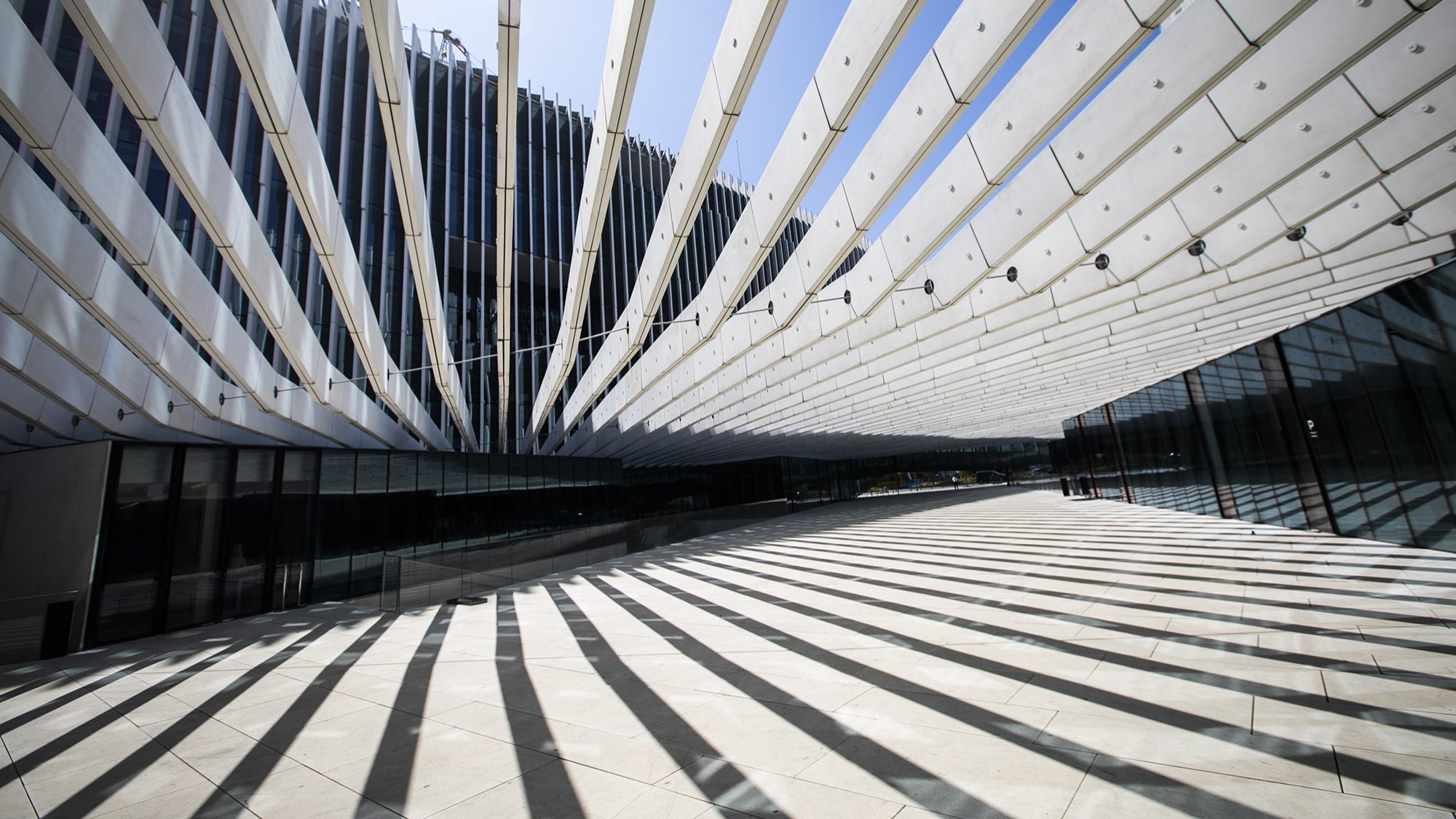Country preparing ‘memo on cultural cooperation’ with Spain
Portugal's minister of culture has revealed that the preparation of a "memorandum of cultural cooperation" between Portugal and Spain is underway.
Portugal’s minister of culture, Graça Fonseca, has revealed that the preparation of a “memorandum of cultural cooperation” between Portugal and Spain is underway, with the aim of strengthening joint work in this area.
“The idea is to have a memorandum of cultural cooperation with specific objectives and projects,” Fonseca told journalists at the official opening of the seventh Mostra Espanha, at Lisbon’s National Museum of Ancient Art (MNAA), adding that the next step would be to hold a first working meeting to establish this document.
Speaking in the presence of Spain’s minister of culture and sport, Miquel Iceta Llorens, Fonseca explained that work has already been between the two countries’ embassies on this memorandum, to apply to areas of culture such as audiovisual, archives and museums.
“Cooperation between Portugal and Spain has been, and continues to be, a priority of Portuguese cultural policy,” she stressed, adding that the memorandum should become “a stronger agreement between the two countries in the area of culture.”
She also said that she intended to “deepen the show of Portuguese culture in Spain,” which this year is in its 19th edition, and for next year, she hopes that the MNAA would take work to Spain, just as the Prado Museum is as of Thursday showing the invited work ‘Infanta Isabel Clara Eugenia with Magdalena Ruiz’, by Alonso Sánchez Coello (1585-1588), in the Lisbon museum.
For his part, the Spanish minister pointed out the “common and separate points” in the history of the two countries, but said he wanted to “collaborate more and more” in the cultural area.
“For us, it is a pride that, every two years, there is a Mostra Espanha that allows us to bring the Portuguese closer to our culture and the expression of our art,” he said. “We are two countries in the European Union where culture has a very important weight. Both Portugal and Spain have a very important cultural heritage, and many episodes of History in common, we share the Atlantic vocation, and it makes us richer when we work together.”
He also cited other initiatives that should unite the tutelages of the two countries in joint work, namely preparations for the centenary of the birth of José Saramago “and many other things” in the field.
“In Portugal, excellent work is being done on the Status of the Artist, and I want to ask the Minister of Culture for some advice on the reforms that allow creators to work with more freedom and capabilities,” he said. “Portugal is ahead of the game [on this issue] and so we want to take advantage of that experience.”
For her part, Fonseca welcomed those words: “We are pleased to hear that other countries, such as Spain, are interested in sharing our work [on the Status of the Artist]. It is something we have been working on, in the dialogue we have been doing through our embassies, working during the Portuguese Presidency, in articulation with ministries of Culture, and it is something that is also within the scope of European policy.” he
She added that this was an issue “with some duration and which is about to reach its conclusion.”
Both ministers said they wanted “more Portugal in Spain and more Spain in Portugal”.
The director of the MNAA, Joaquim Caetano, recalled that, after the works of Goya, El Greco and Velasquez had passed through the museum in other editions of Mostra España, this is the turn of Alonso Sánchez Coello – an artist who lived some years in Portuguese territory – with a large painting that “shows the crossed destinies of Spain and Portugal like few others, and with great quality.”
In its seventh edition, Mostra España, a biennial festival of Spanish culture – that this year is present in twenty Portuguese cities – is a program of cultural activities promoted by Spain’s Ministry of Culture and Sports, and has as its main objective to show the dynamism and creativity of contemporary Spanish cultural industries.
The program, which began in September, includes more than 100 initiatives in the areas of cinema, theatre, music, dance, exhibitions and colloquiums, extending until December of this year, and can be consulted in www.mostraespanha.org.


